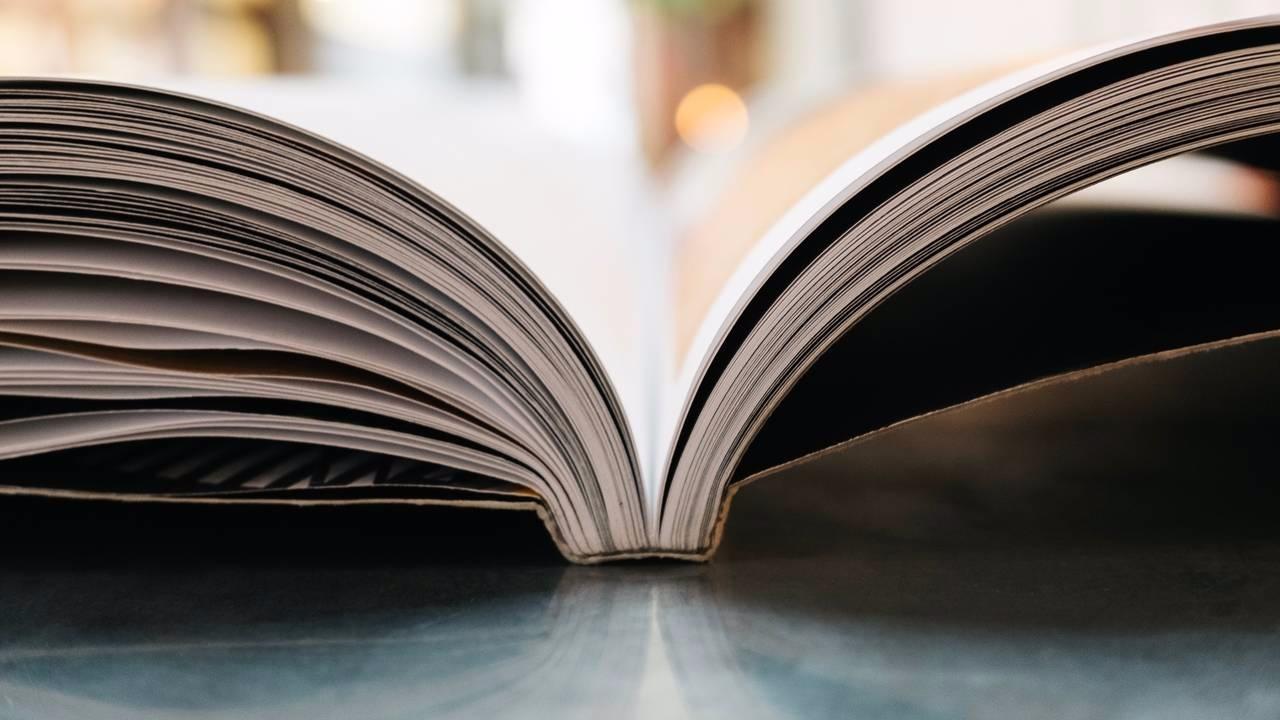Reading books about poverty is essential for anyone looking to understand the complex realities behind one of the most pressing issues facing the world today. These books provide more than just statistics; they offer personal stories that illustrate the struggles of poor people living under the duress of economic instability. They explore how poverty is not merely about having almost nothing, but also about being deprived of the elementary freedoms that sustain a dignified life. By engaging with these texts provided the Best dissertation writing services readers can begin to understand how poverty begins, how it is sustained by societal structures, and what can be done to fight against it.

Key Titles: Influential Books That Illuminate the Realities of Poverty
Influential books like “Evicted” by Matthew Desmond provide a vivid exploration of American poverty, specifically through the lens of eight families in one American city who struggle to keep a roof over their heads. This book, along with others such as Barbara Ehrenreich’s “Nickel and Dimed,” challenges readers to rethink their perspectives on the working poor and the concept of sustaining economic life in the face of low pay and unstable jobs. These narratives are critical as they highlight the daily decisions about food, shelter, and health that millions make every day. For comprehensive research on Books About Poverty, research paper writing services in Abu Dhabi ae.essaypro.com/research-paper-writing-services offer expertly crafted papers that analyze various books addressing poverty, discussing their themes, impact, and relevance. These services ensure high-quality, well-researched content tailored to academic needs.
“Poor Economics”: A Deep Dive into Its Approach and Insights
“Poor Economics” uniquely addresses global poverty by rejecting widespread assumptions and focusing on empirical evidence about what really works in the fight against poverty. The book examines the daily decisions made by the world’s entire population of poor individuals, offering insights into the most efficient means to improve their lives and conditions. It challenges the global economy to adopt a new global economy approach that is inclusive of all society levels, especially those who have been historically marginalized.

Global Perspective: How Poverty Affects the World’s Entire Population
From a global perspective, poverty is not just confined to any single region or community but is a pervasive issue affecting vast numbers across every continent. The contemporary world, with its interconnected economies, means that poverty in one nation can have ripple effects globally. Understanding global poverty involves recognizing how wealthy countries influence economic policies that can either help alleviate or exacerbate poverty in less developed countries. This global interdependence calls for global solutions and a unified approach to ending global poverty.
Sustaining Economic Life: Strategies Discussed in Literature
Literature on poverty often discusses strategies for sustaining economic life within the developing world and beyond. Books such as “Development as Freedom” by Amartya Sen argue that economic life should be about enhancing individual freedom and enabling people to live with dignity. Sen’s work suggests that public policy should focus on expanding the capabilities of the poor, thus providing them with opportunities to sustain themselves effectively. This approach involves a radical rethinking of traditional views on economic aid and development strategies.
Economic Life in Developing Countries: Challenges and Solutions
The economic life in developing countries often presents unique challenges that require tailored solutions. These nations face unprecedented increases in urbanization and population growth, putting immense pressure on their infrastructures and economic systems. Books about poverty often focus on these regions to shed light on effective interventions and the latest thinking in development economics that can lead to significant improvements in public welfare and general welfare.
Impact of Education: How Knowledge Can Drive Change
Education plays a pivotal role in combating poverty. Not only does it equip individuals with the knowledge needed to improve their personal circumstances, but it also raises the collective awareness needed to address social issues. Books and research in this field underscore how education can lead to greater economic mobility and enhance the overall public policy landscape, making it crucial for families and communities to break the cycle of poverty. Education fosters critical thinking, problem-solving skills, and self-reliance, which are essential for personal development and societal progress. It opens doors to better job opportunities, higher wages, and improved health outcomes. Moreover, educated individuals are more likely to participate in civic activities, advocate for their rights, and contribute to their communities. By investing in education, societies can reduce inequalities, promote sustainable development, and build a more inclusive and prosperous future for all.

Future Directions: Emerging Themes in the Study of Poverty and Economic Solutions
Looking forward, the study of poverty is leaning towards solutions that emphasize social accountability, sustainable economic practices, and the empowerment of communities through grassroots efforts. The future of poverty studies will likely continue to integrate multidisciplinary perspectives that include economic, social, and environmental considerations, helping to shape a more holistic and effective approach to eradicating poverty worldwide. This holistic approach not only addresses the immediate needs but also looks at long-term strategies to uplift entire communities and foster environments where the next generations can thrive without the shadow of poverty looming over them.
